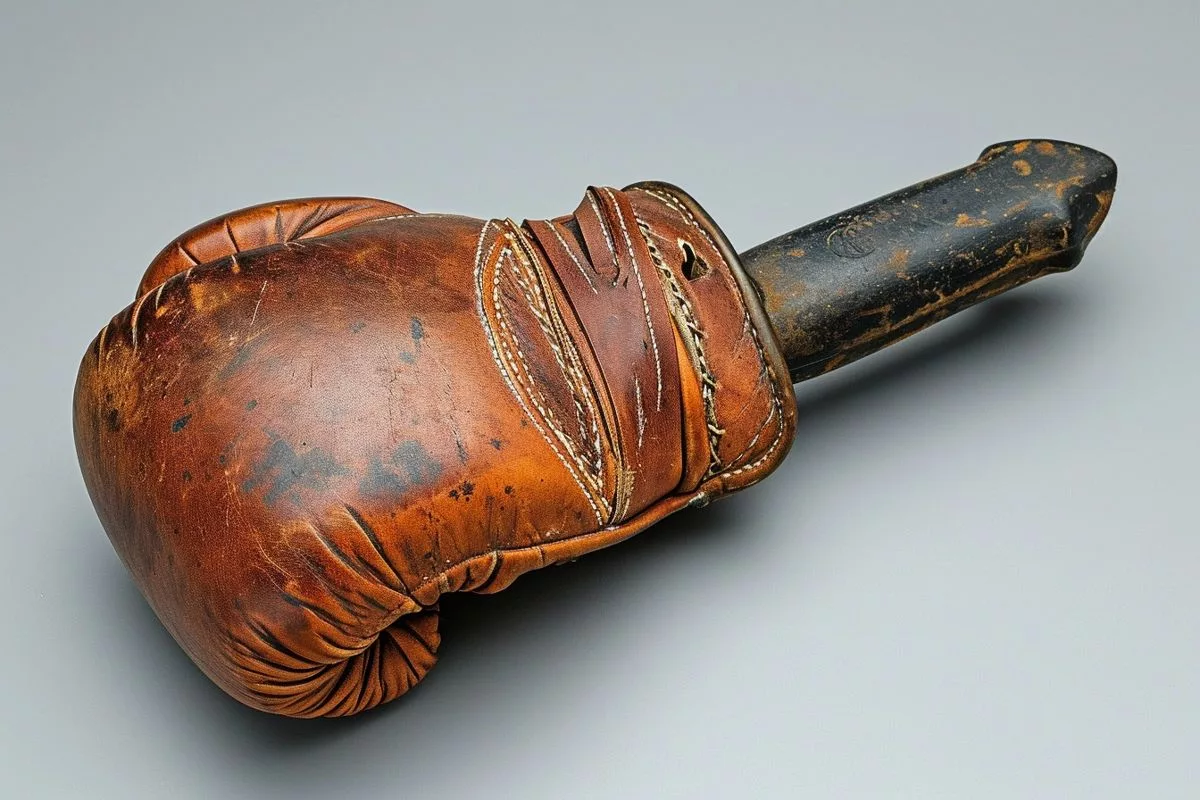Hugo Broos, the head coach of Bafana, faces a critical challenge in modifying the left side of the team’s defence. He may consider substitutes for the centre of the defence to improve performance. Namibian football is strong in counter-attacking expertise, and Broos must devise a tactical plan to defend against their threats. As the head coach, Broos must make astute decisions to guarantee Bafana’s triumph.
The Coach’s Dilemma: Tweaking the Defence Line
Hugo Broos, head coach of Bafana, faces a critical challenge in modifying the left side of the team’s defence. He is contemplating a possible shift on the left side and may consider substitutes for the centre of the defence to improve performance.
The Coach’s Dilemma: Tweaking the Defence Line
In the enthralling world of football, the helm of the team is entrusted to the head coach. This person’s role is crucial, charged with manoeuvring the team’s strategy and implementing essential modifications to enhance performance. In the centre of this scenario is Hugo Broos, the veteran head coach of Bafana, presently facing a critical challenge on the left side of his defence.
Broos, who hails from Belgium, doesn’t have a reputation for making drastic changes. However, he’s currently contemplating a possible shift on the left side. Thapelo Maseko, the 21-year-old Sundowns’ star who plays ahead of Aubrey Modiba, is perceived to be at risk, despite having a recovery pace that might neutralize the Namibian danger.
The experienced Modiba, a left-back stalwart of the Sundowns, might also find his position at risk. The centre of the defence is another area in need of improvement, as Siyanda Xulu’s speed deficiency was glaringly evident in recent games. The potential for Nkosinathi Sibisi or Grant Kekana to be tapped as substitutes is a possibility that cannot be overlooked.
Shuffling the Attack Line: A Tactical Decisions
Moving forward, Evidence Makgopa’s position in the front line may be supplanted by either Mihlali Mayambela, notorious for his erratic nature, or hard-working Zakhele Lepasa, well-known for his unyielding endeavours in the channel-running space.
Namibian football stood out with their counter-attacking expertise during their legendary triumph over Tunisia. This forces Broos to devise a tactical plan to defend against the “Brave Warriors”. Players like Deon Hotto and Peter Shalulile, known for their transitional threats, require special attention.
Namibia’s manager, Collin Benjamin, has frequently surrendered possession, a strategy evident in their game against Tunisia where his team maintained only 39% ball possession. However, they still managed to secure an xG of 1.76 and took 13 shots, six of which were on target, demonstrating their effectiveness.
Evaluating Bafana’s Performance: Room for Improvement
Despite Bafana’s initial promising performance, they have found it challenging to transform their endeavours into actual goals. During their encounter with Mali, Bafana was awarded a penalty in the 18th minute, only for Percy Tau’s attempt to end up soaring over the bar. Tau was presented with another opportunity almost immediately, but his shot was effortlessly deflected by Mali’s goalkeeper. Bafana’s disappointment was palpable, particularly given their xG score of 1.36.
Broos, in view of these developments, might contemplate bringing an additional central midfielder into the game. While this could have been a profitable strategy against the formidable Malian trio, it might unintentionally benefit Namibia by surrendering more possession.
Making the Decisive Moves: The Coaching Challenge
Football and chess share similarities in that they are both dynamic arenas requiring frequent strategic adjustments. As Broos steers through this demanding landscape, he must make astute decisions to guarantee Bafana’s triumph. These decisions, whether they involve redefining positions, shifting strategies, or integrating new talents, directly affect the team’s performance.
It emphasizes the importance of the head coach’s role in football. The coach is not just the strategist but also the motivator and the mentor. Each decision they make is critical, and each adjustment they make can either lead the team to victory or to defeat. Thus, the role of the head coach is pivotal in the world of football.
What is the current challenge faced by Hugo Broos, head coach of Bafana?
Hugo Broos, head coach of Bafana, is facing a critical challenge in modifying the left side of the team’s defence. He is contemplating a possible shift on the left side and may consider substitutes for the centre of the defence to improve performance.
Who are the potential substitutes for the centre of the defence?
The potential substitutes for the centre of the defence are Nkosinathi Sibisi or Grant Kekana.
What is the tactical plan that Broos must devise against Namibia?
Broos must devise a tactical plan to defend against Namibia’s counter-attacking expertise, particularly against players like Deon Hotto and Peter Shalulile who are known for their transitional threats.
What is the potential risk involved in bringing an additional central midfielder into the game?
While bringing an additional central midfielder into the game could have been a profitable strategy against the formidable Malian trio, it might unintentionally benefit Namibia by surrendering more possession.
What is the importance of the head coach’s role in football?
The head coach’s role in football is pivotal as they are not just the strategist but also the motivator and the mentor. Each decision they make is critical, and each adjustment they make can either lead the team to victory or defeat.
Who are some potential substitutes for Evidence Makgopa in the front line?
Potential substitutes for Evidence Makgopa in the front line are Mihlali Mayambela or Zakhele Lepasa.












